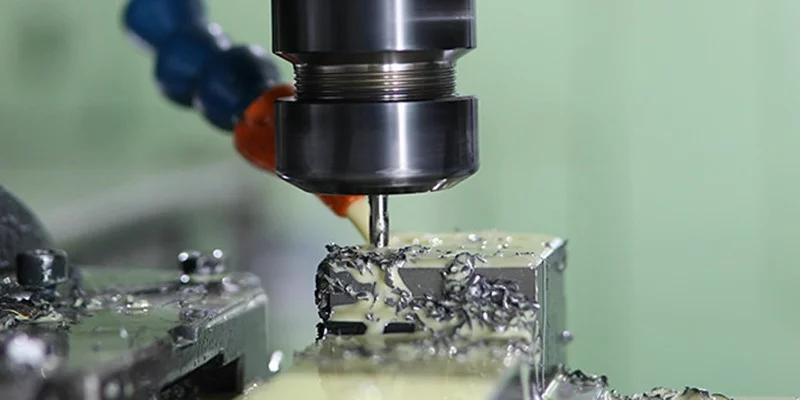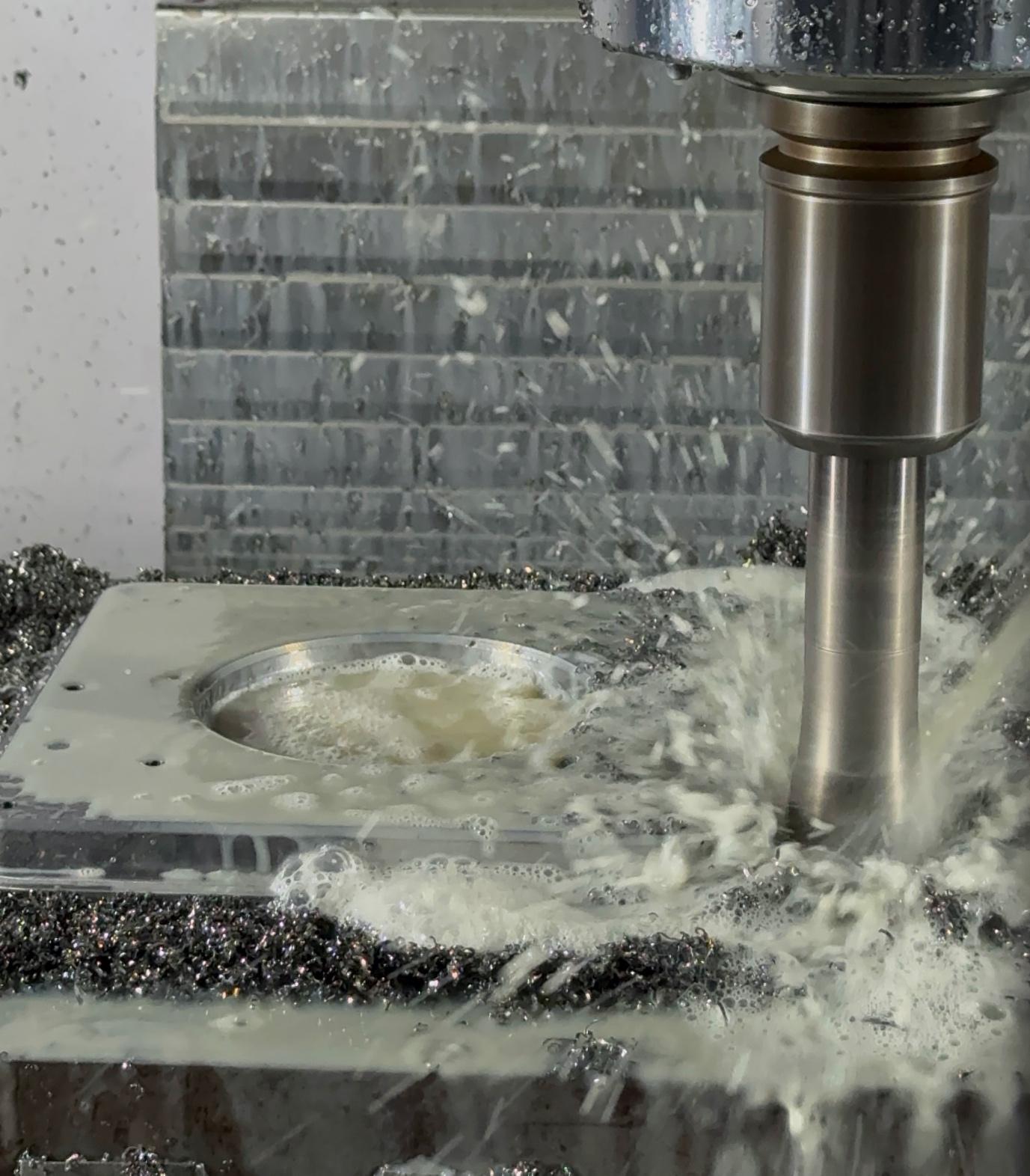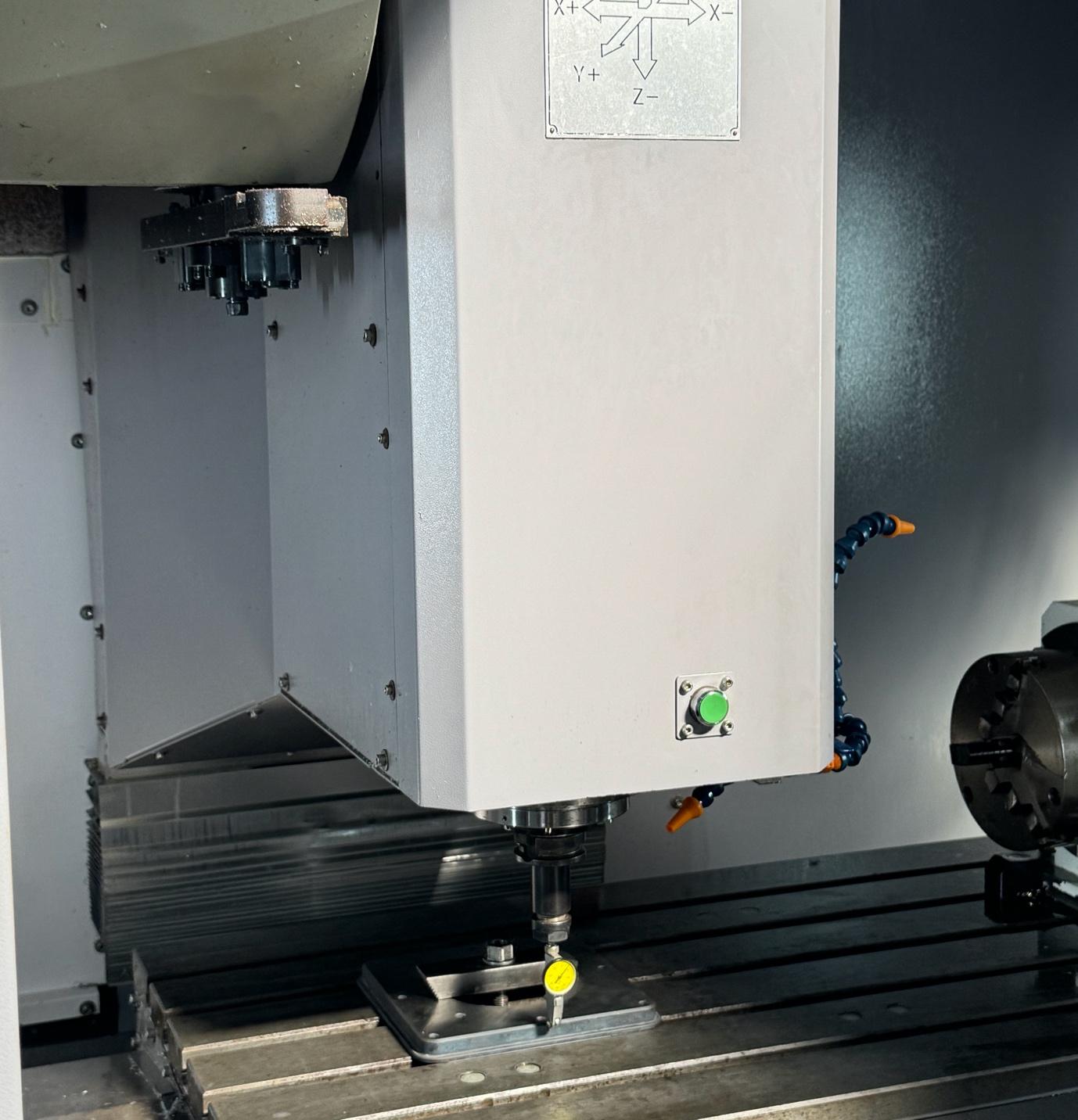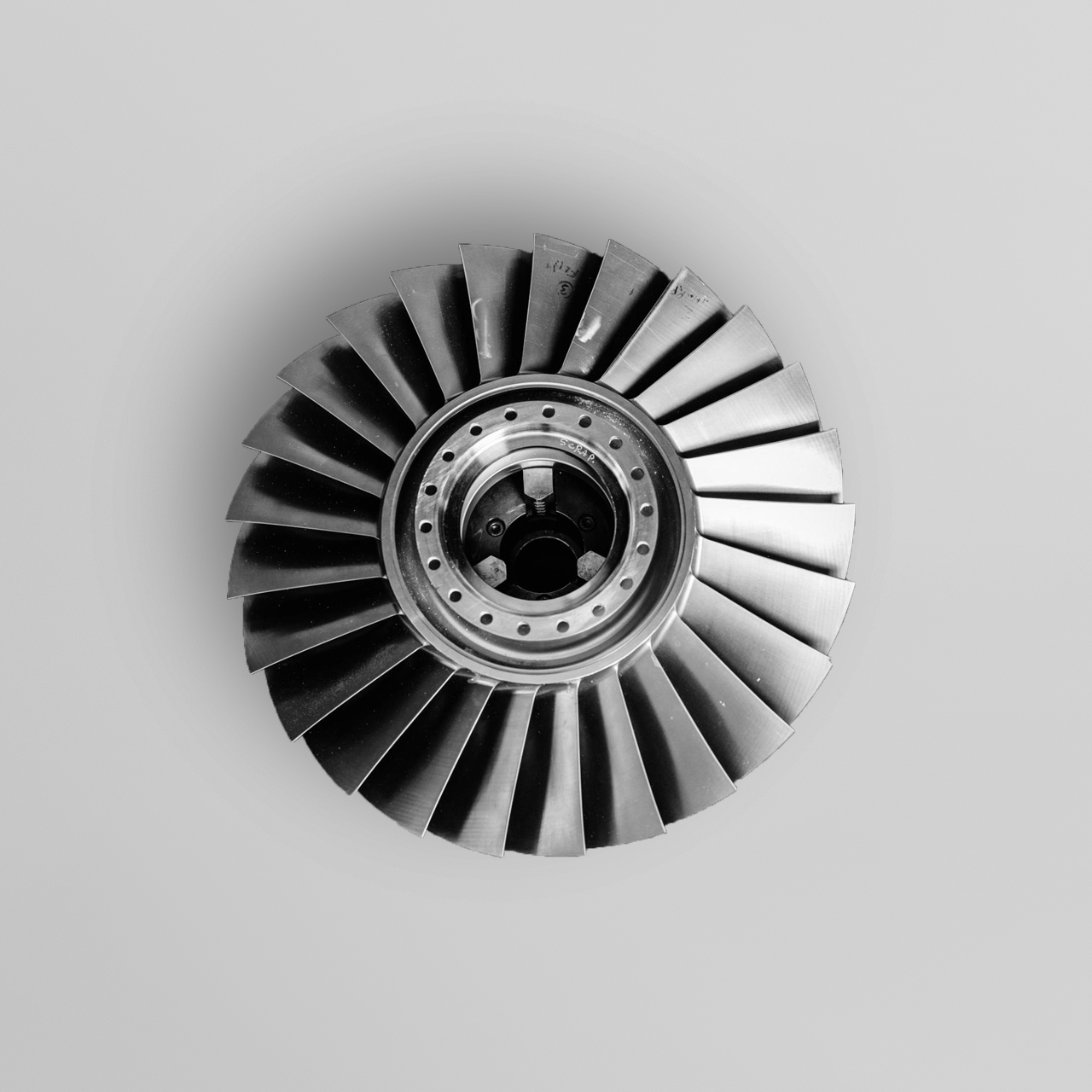Resources
Discover how Entag’s CNC milling services in Egypt deliver precision machining with 3-axis, 4-axis, and 5-axis milling machines. From prototypes to mass production, we ensure accuracy, speed, and reliability.

At Entag, we provide CNC Milling Machine services in Egypt designed for accuracy, speed, and reliability. Using advanced 3-axis and 4-axis CNC milling machines, we deliver precision components in metals and plastics, supporting industries such as automotive, aerospace, energy, and general manufacturing.
Our expertise ensures that every CNC machined part meets micron-level tolerances, offering consistent quality and fast delivery.
CNC milling uses computer-controlled machines to cut, shape, and drill materials with extreme precision. Unlike conventional milling, which depends heavily on manual skill, CNC milling ensures repeatability, higher speed, and tighter tolerances.

When discussing a CNC milling machine, the number of axes is one of the most important factors that determine its capability in CNC metal machining. The more axes a machine has, the more complex shapes it can produce in a CNC milling workshop.
A 3-axis CNC milling machine is the most common and widely used in the industry. The cutting tool moves in three main directions:
This type is ideal for CNC parts manufacturing such as flat components, simple molds, holes, and parts that don’t require machining from multiple angles. Thanks to its efficiency and cost-effectiveness, 3-axis milling remains the go-to solution for many CNC machines in Egypt.
A 4-axis CNC milling machine adds an additional rotary axis (usually the A-axis), allowing the workpiece to rotate automatically. This enables machinists to reach different sides of a part without manual repositioning. Applications include:
A 5-axis CNC milling machine represents the highest level of precision milling. By adding two extra axes (A and B), the cutting tool can move and rotate in almost any direction. This provides unlimited design possibilities in CNC part design and design-based milling, especially for industries like aerospace. Key advantages include:
For projects that demand high precision and speed, discover how laser cutting machining delivers clean, accurate results across different metals.

Discover more about precision processes in our article on Custom rubber mold manufacturing.

The Egyptian industry is rapidly evolving, increasingly relying on advanced CNC machining technologies. Today, CNC machines in Egypt have become an integral part of many sectors, from small-scale workshops to large industrial facilities.
This sector requires micron-level precision for producing components such as prosthetics, dental implants, and surgical instruments. CNC milling services make it possible to manufacture these parts from materials like titanium and ceramics with extremely high accuracy, ensuring biocompatibility and safe usage.
Explore the benefits and applications of Aluminum machining services in our insights article.
The automotive industry relies heavily on CNC metal machining for producing injection molds, engine components, cylinders, and other CNC parts manufacturing applications. A local CNC milling workshop in Egypt can provide both original and custom spare parts at high quality, reducing import costs and supporting the national economy.
Learn more about durability and shaping techniques in Steel forming through our resource.
In sectors like energy and construction, CNC milling machines are used to manufacture large, precise components for generators, turbines, and heavy equipment. Localized CNC milling services in Egypt ensure faster maintenance, reduced downtime, and higher efficiency in industrial operations.
Discover the key steps behind Metal component manufacturing in our detailed article.
For any company looking to develop a new product, accurate design-based milling for molds and prototypes is an essential step. With CNC part design and precision milling, engineers can quickly transform concepts into physical models, streamlining testing and product development.
Explore how advanced techniques are applied in Brass nut turning through our dedicated article.
A leading automotive components supplier in Egypt approached us to manufacture precision brackets. The challenge was achieving tight tolerances of ±5 microns on critical features while maintaining short lead times.
Discover industry expertise and methods with our article on Automotive chassis manufacturers.
Challenge 1: Tool Run-out and Vibration
Even tiny misalignments can ruin a high-tolerance part.
Our Solution: Regular alignment, precision spindles, and vibration-dampening workholding eliminate tool run-out at the source.
Challenge 2: Heat Buildup During Cutting
Thermal expansion changes dimensions mid-process.
Our Solution: Flood coolant systems and controlled cutting speeds maintain tool and material temperature stability.
Challenge 3: Material Movement and Fixturing
Improper clamping causes micro-shifts during milling.
Our Solution: We use vacuum fixtures and custom jigs to hold parts securely without introducing stress.
Challenge 4: Consistent Quality Verification
Human inspection alone can’t detect micron deviations.
Our Solution: We rely on CMMs, digital microscopes, and 3D scanning to verify tolerances before approval.
When extreme accuracy is needed for intricate metal components, explore our guide to wire EDM (Electric Discharge Machining).
A CNC milling machine is not just a single piece of equipment, but a complete system of tools and technologies that work together to produce highly precise parts. The integration of design software, control systems, and cutting tools makes CNC milling one of the most advanced and reliable manufacturing processes today.
To provide end-to-end precision machining, we integrate CNC milling with other advanced services:
Learn more about accuracy and efficiency in CNC brass turning by checking our full guide.
When searching for a reliable CNC milling workshop in Egypt, you’re not just looking for a service provider—you need a partner who values quality, precision, and efficiency. At Entag, we combine technical expertise with cutting-edge technology to deliver unmatched results.
Our team of skilled engineers and technicians brings years of experience in CNC machining. We understand the complexity of CNC part design and offer expert advice to optimize your components for cost-effective and high-quality production.
We operate the latest 3-axis, 4-axis, and 5-axis CNC milling machines in Egypt, enabling us to manufacture everything from simple parts to highly complex geometries. This versatility ensures we can provide tailored solutions for a wide range of industries.
With advanced equipment and precision measurement tools, we guarantee that every part we produce meets strict engineering specifications. Our focus on micron-level accuracy ensures product reliability and consistency.
Whether you need a single prototype or large-scale production, we offer flexible CNC milling services customized to your project needs. From initial design consultation to final delivery, we work closely with you to ensure complete satisfaction.
Q1: What is the typical lead time for CNC milled parts?
Lead times vary depending on complexity and quantity. For prototypes, we typically deliver within 5–7 working days, while production batches may take 2–3 weeks.
Q2: What file formats do you accept for CNC milling?
We accept STEP, x_t, IGES, SLDPRT, 3MF, and many other file types. Our design team also supports conversions if required.
Q3: How do you ensure the quality of finished parts?
Every part undergoes CMM measurement, 3D scanning, and surface roughness testing to ensure compliance with design specifications.
Q4: Can you handle both small and large batch production?
Yes, we serve clients with single prototypes as well as mass production runs using the same high-precision standards.
At Entag, we turn your designs into high-quality CNC-milled components with accuracy, speed, and reliability. Whether you need a prototype, custom part, or large-scale production, our advanced CNC machining capabilities in Egypt are here to support your project. Get your quote now
